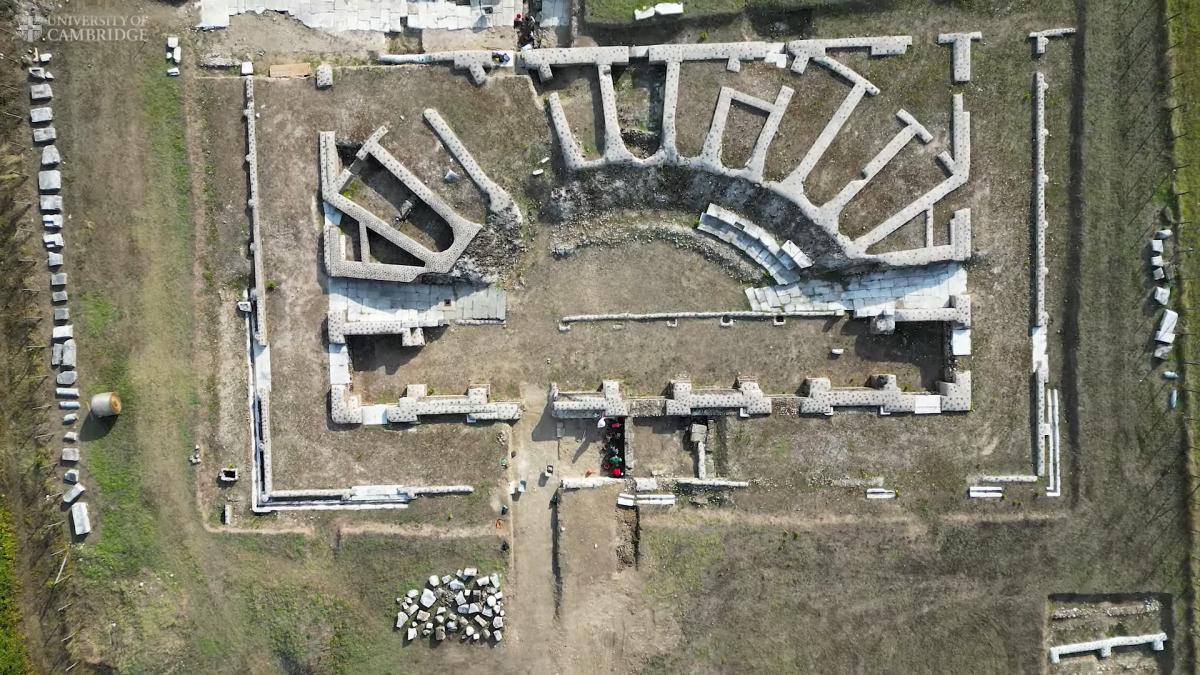In central Italy, archaeologists have excavated and studied the remains of the ancient city of Interamna Lirenas, which was abandoned for about 1,500 years and eventually forgotten.
A detailed account of this study was published by Dr. Alessandro Launaro, a doctor of ancient history, who works at the “Classical Department” of the University of Cambridge in Great Britain.
According to him, Interamna Lirenas, located about halfway between Rome and Naples, was a thriving Roman city with a population of 2,000 at its peak.
The first studies of this archaeological site began in the 1980s, but large-scale excavations began only in 2010. After 13 years of archaeological research, the first results were published.
It is noted that at first this object was mistakenly considered just a small settlement. In fact, for its time it was a grandiose city with residential quarters, a temple, baths, and a theater under the roof.
“Interamna Lirenas was strategically located between a river and a major road, and it was a thriving node in the regional urban network. This city was constantly playing its cards, it was always building relationships with communities between Rome and Southern Italy, while also thriving as a trade center,” says the doctor. Alessandro Launaro.
Interamna Lirenas is believed to have been founded in 312 BC – the era of the Roman Republic when Rome had not yet established its mighty worldwide empire. In later times, the Roman general Julius Caesar took the city under his patronage.
Interamna Lirenas was abandoned in the 6th century – about 100 years after the fall of the mighty Roman Empire. The exact cause of this event remains a mystery, but scientists have a theory.
Dr. Launaro and his colleagues did not find a layer of ash or any other evidence that the city was brutally destroyed, as happened to the famous cities of Pompeii and Herculaneum. Thus, residents likely left the city at some point amid “growing uncertainty” about the region’s security.
Scientists recall that around the same time there was an invasion of Italy by a German people known as the Lombards. The inhabitants of Interamna Lirenas understood that their city lay in the direct path of the Germans. Therefore, it is likely that the townspeople left their homes without waiting for the barbarians to arrive.

